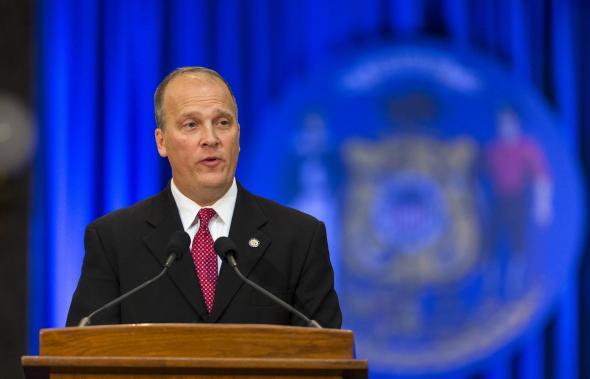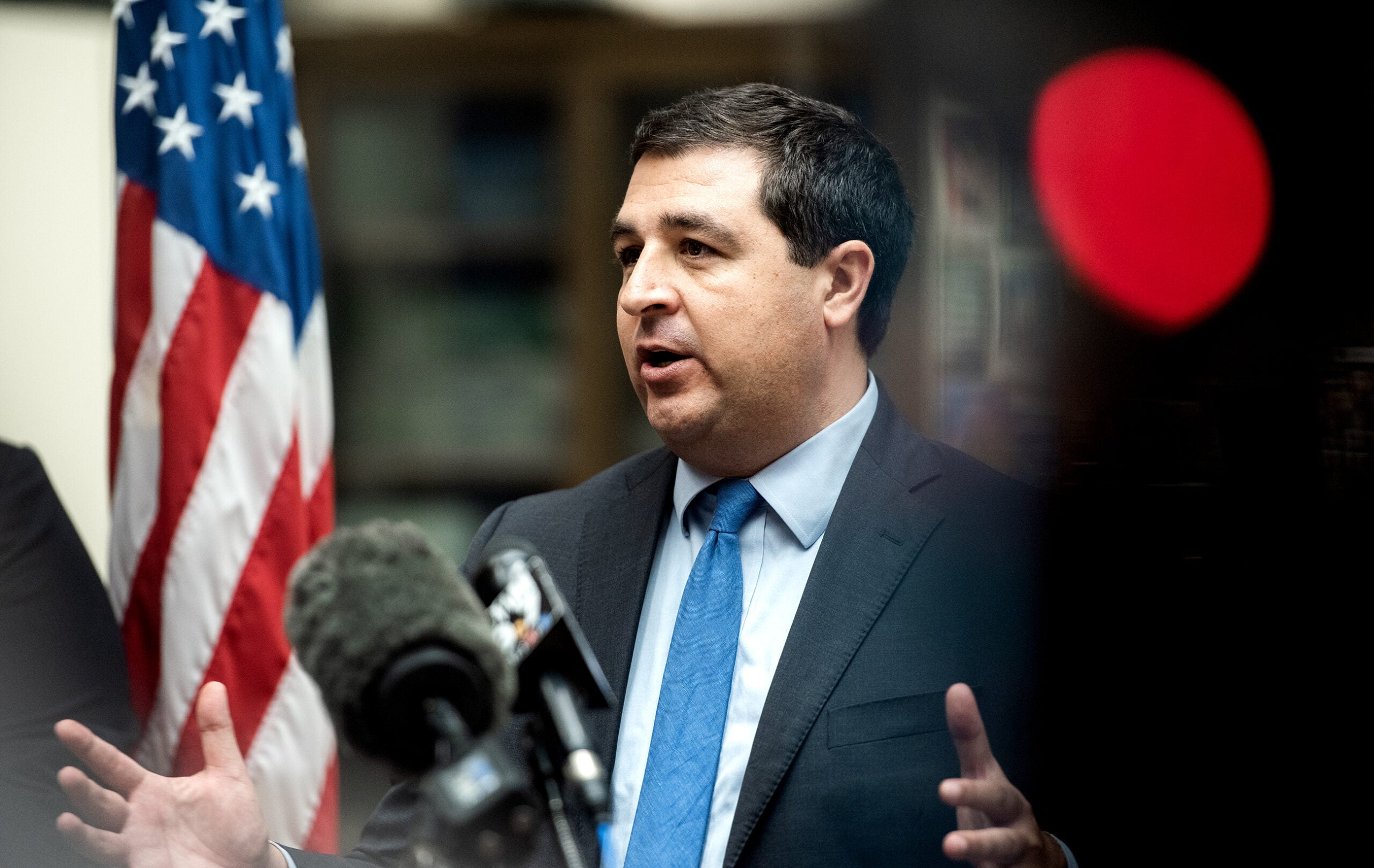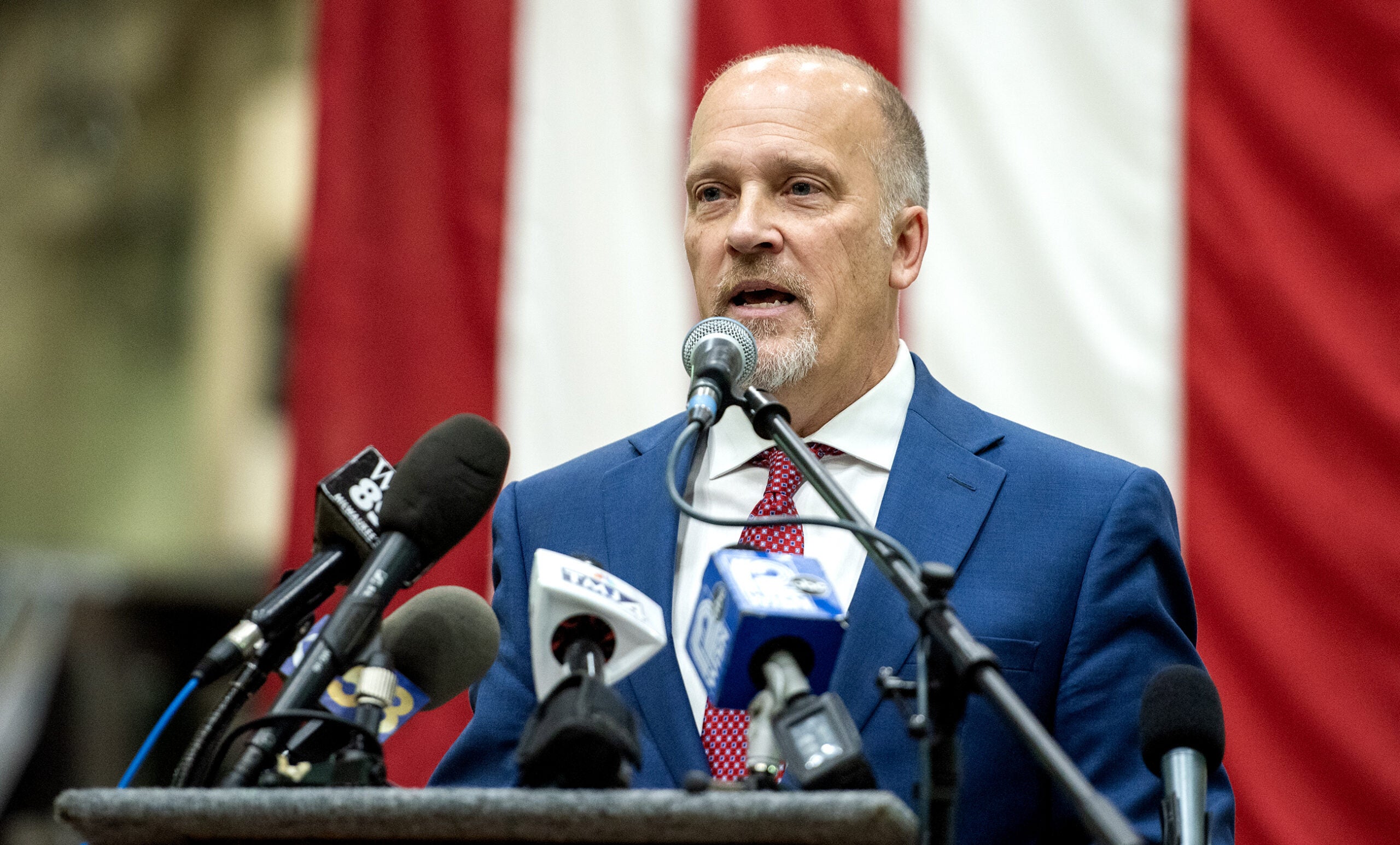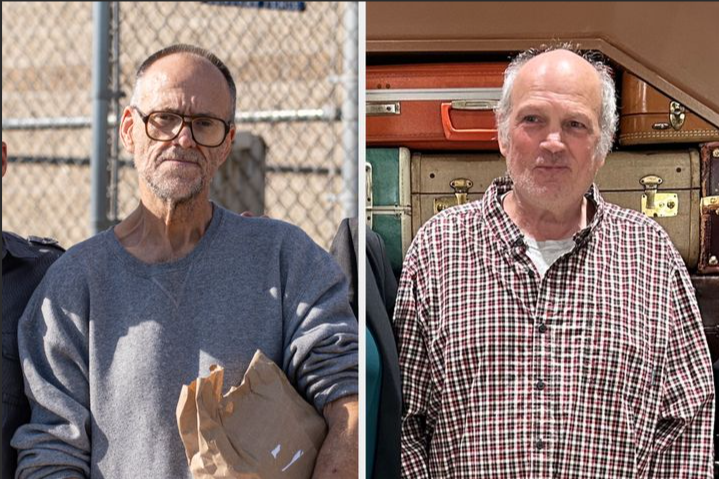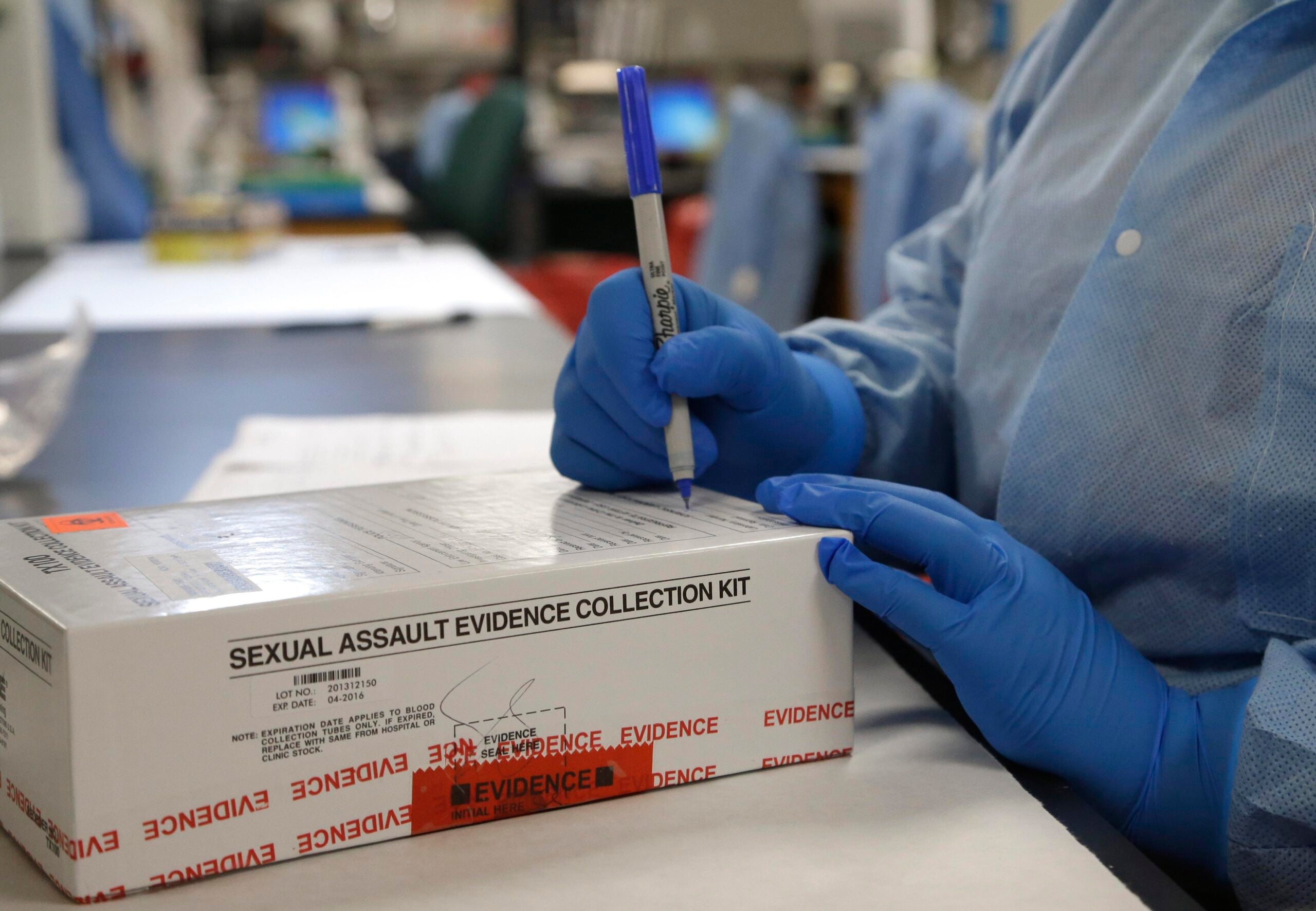Testing is complete on a decades-old backlog of Wisconsin sexual assault evidence kits, Attorney General Brad Schimel announced Monday.
The state Department of Justice first discovered in 2014 the existence of nearly 7,000 untested sexual assault kits in law enforcement and hospital custody across the state. The state received federal grant funding to test the kits in private labs in 2015. Testing began the following year.
“We fixed a problem that had been created over the course of a quarter century in less than three years,” Schimel said.
News with a little more humanity
WPR’s “Wisconsin Today” newsletter keeps you connected to the state you love without feeling overwhelmed. No paywall. No agenda. No corporate filter.
The state’s inventory of sexual assault kits isn’t fully tested, however. Five kits submitted this summer to private labs are still awaiting completion.
Democrats have criticized Schimel for how long it took the state to move through the thousands of untested kits.
“In the years it took Brad Schimel to simply do his job, survivors of sexual violence were denied justice and violent offenders were allowed to walk the streets of our communities,” said Courtney Beyer, Democratic Party of Wisconsin spokeswoman, in a prepared statement. “Schimel doesn’t care one bit about keeping Wisconsin safe. What Brad Schimel does care about is getting re-elected so he can push the far-right agenda of his special interest backers.”
Schimel countered that critics of the testing timeline don’t understand the complexity of the process.
He said there were thousands of kits across the country “dumped into the system” at roughly the same time.
“The capacity wasn’t there to do it,” Schimel said. “It wasn’t a question of money. It wasn’t a question of will.”
Schimel said no labs across the country responded to the state’s first request to contract out kit testing.
“There was no one out there ready to do it with us just snapping our fingers,” he said. “We got this done as fast as humanly possible.”
Democrats have pushed for additional funding for the Wisconsin State Crime Lab to do the testing, but Schimel said that wouldn’t have solved the problem either. He said it’s difficult to hire at the lab, due to state salaries lagging those of private labs, and noted the length of required training once new staff are brought on board.
The state Crime Lab has also been subject to criticism in recent years for longer wait times on DNA, firearm, toxicology and drug tests.
Schimel said the increase in sexual assault kit testing over the past two years did affect those other tests.
“The accumulated kits did add burden to our crime lab,” he said, citing a required technical review of the out-of-state testing.
He said overtime helped biologists tackle the workload. Staff were allowed to take technical review materials home, to work on them on nights and weekends.
“We’re doing things that are moving this along,” Schimel said.
The attorney general said the DOJ does plan to request funding to hire more crime lab staff in the next state budget. The department also hired an out-of-state consultant earlier this year to analyze ways to expedite testing.
“We’ve seen increases in the volume of evidence submissions to the crime lab and we recognize that we’ve made some changes to try and keep up, but we recognize that we’ve got to add some staff to the team,” Schimel said.
Schimel’s Democratic opponent, Josh Kaul, said he would work to move tests more quickly through the lab as well.
“Brad Schimel’s incompetence has meant that justice has been delayed for survivors and that dangerous criminals have remained on the streets longer than they should have,” Kaul, a former federal prosecutor, said.
Editor’s note: This story was updated at 4:50 p.m. Monday, Sept. 10, 2018, with original reporting from WPR staff.
Wisconsin Public Radio, © Copyright 2026, Board of Regents of the University of Wisconsin System and Wisconsin Educational Communications Board.

